Community Based Water Resource Management
Water for people supports community-based water management as it is one of key strategies for analyzing, planning, and managing water resources in an equitable and sustainable way.
Water for people supports community-based water management as it is one of key strategies for analyzing, planning, and managing water resources in an equitable and sustainable way.
A watershed is not simply the hydrological unit but also socio-political-ecological entity which plays crucial role in determining food, social, and economic security.
The year 2020 kicked off the Decade of Action for Global Goals – a ten-year countdown to achieving SDGs. SDG 6 envisions universal, sustainable, and equitable access to safe drinking water, sanitation and hygiene. It will also emphasise eliminating open defecation by 2030, especially for women, girls and other vulnerable groups – leaving no one behind. Water For People India has a strategy to make this goal a reality.
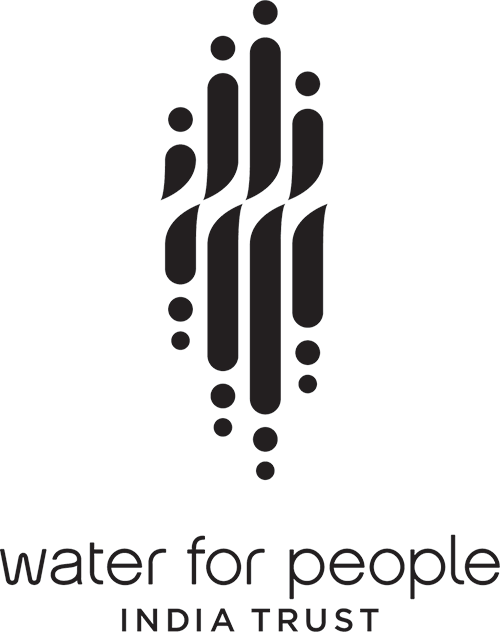








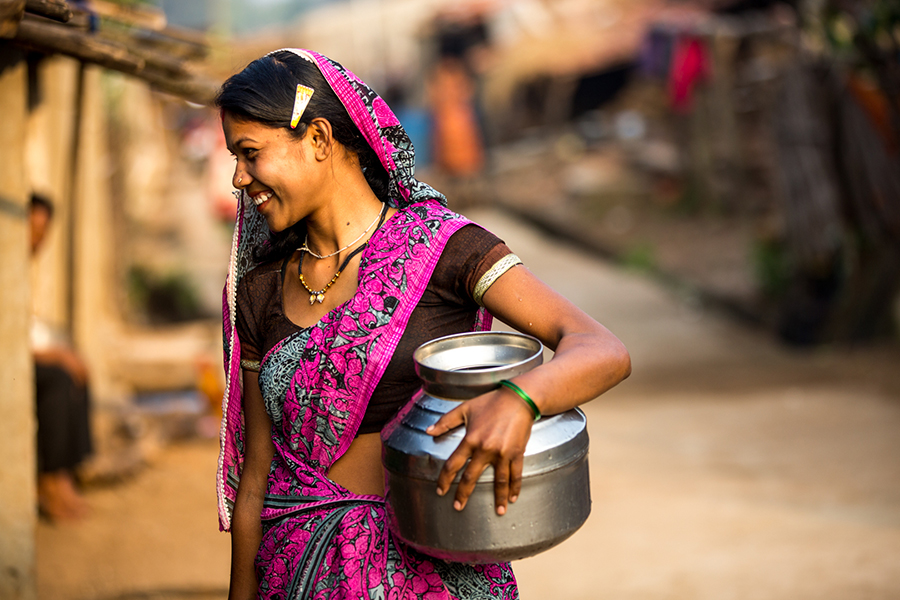
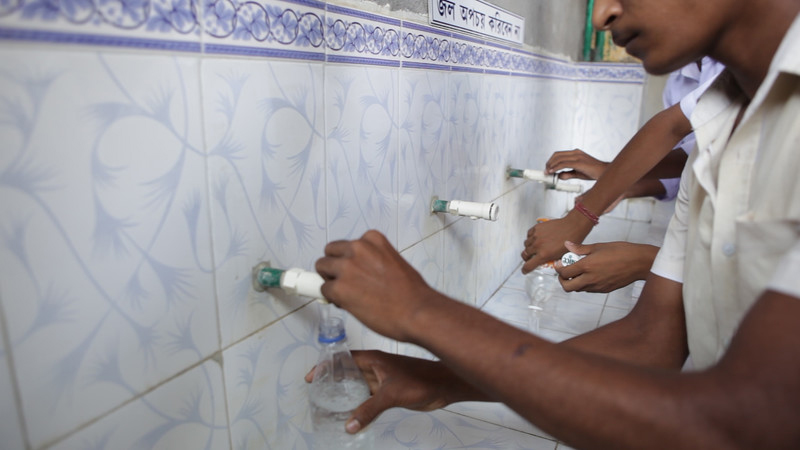
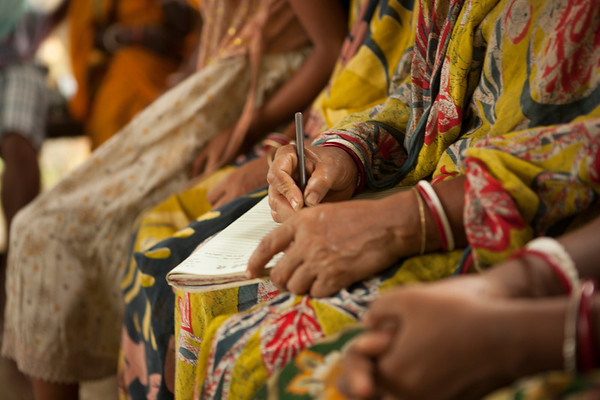
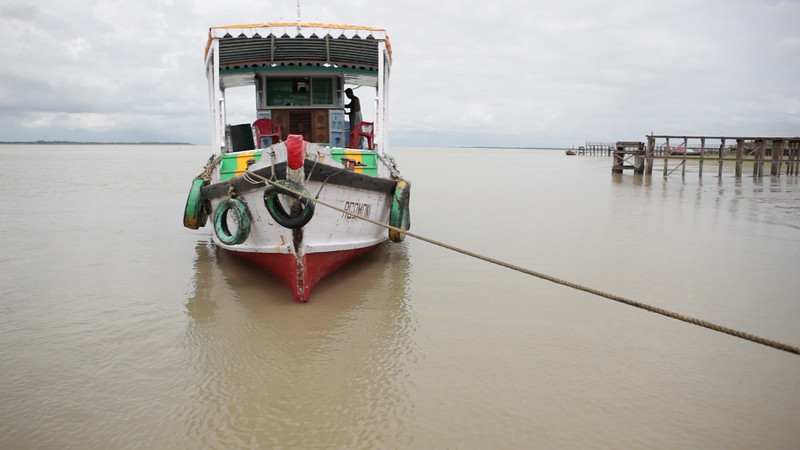
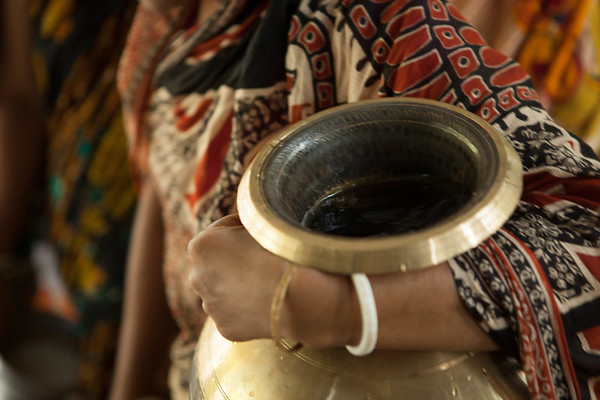
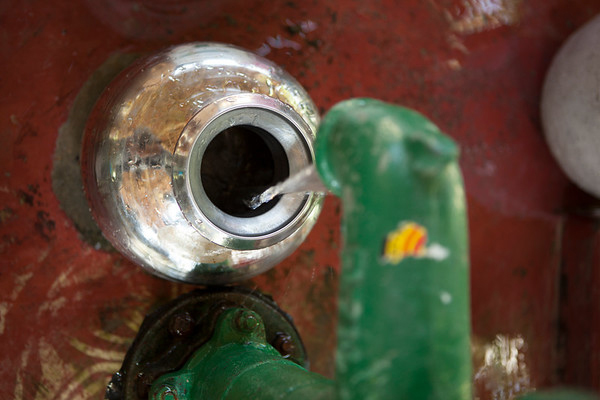
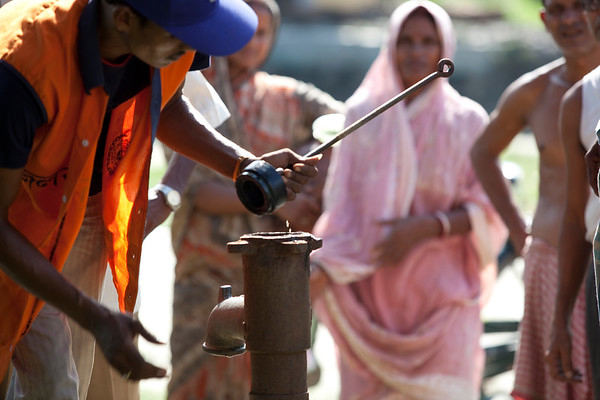
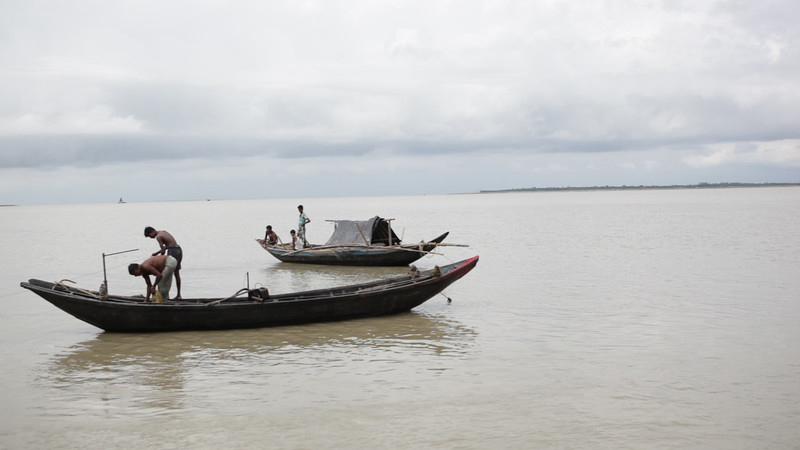
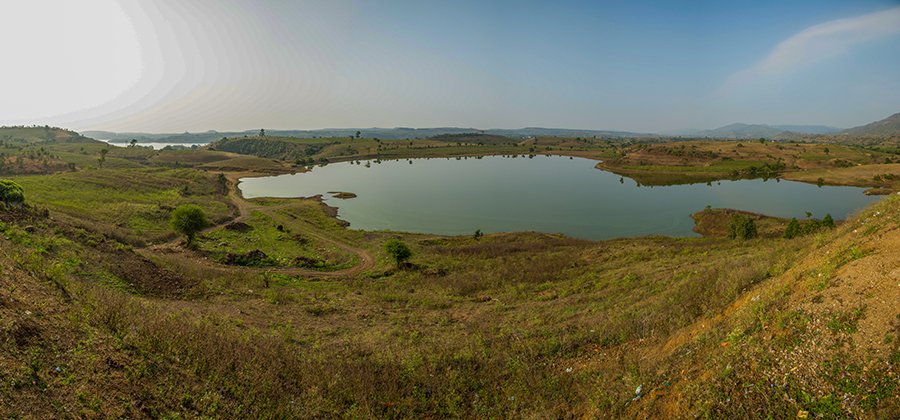













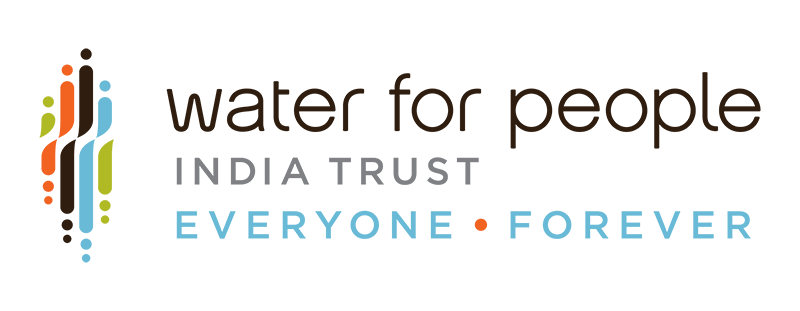


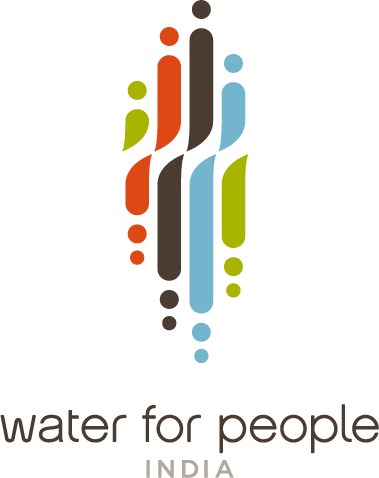


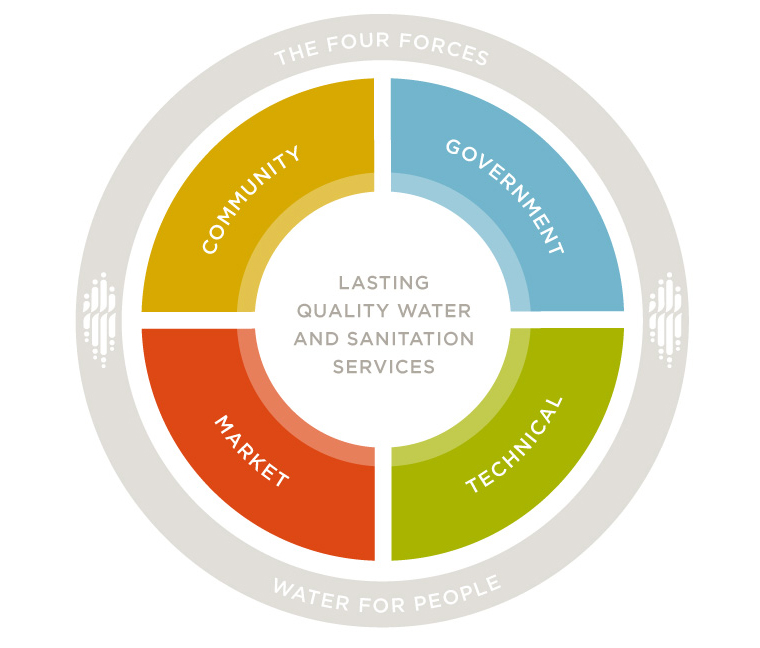
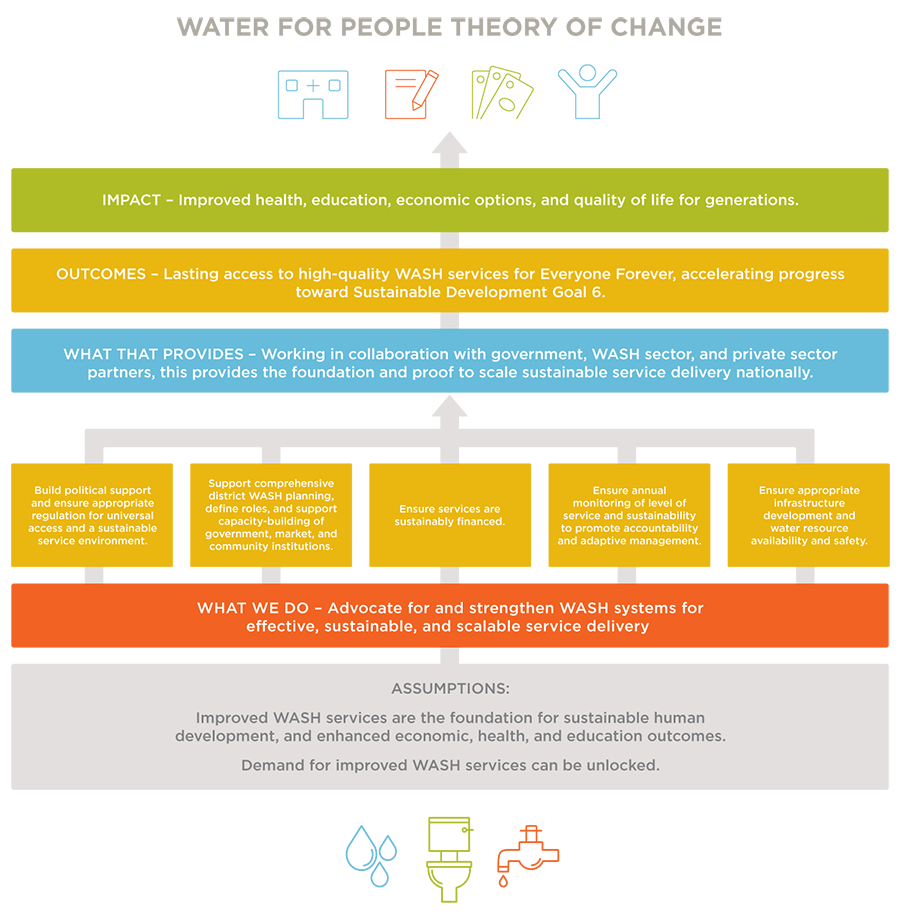
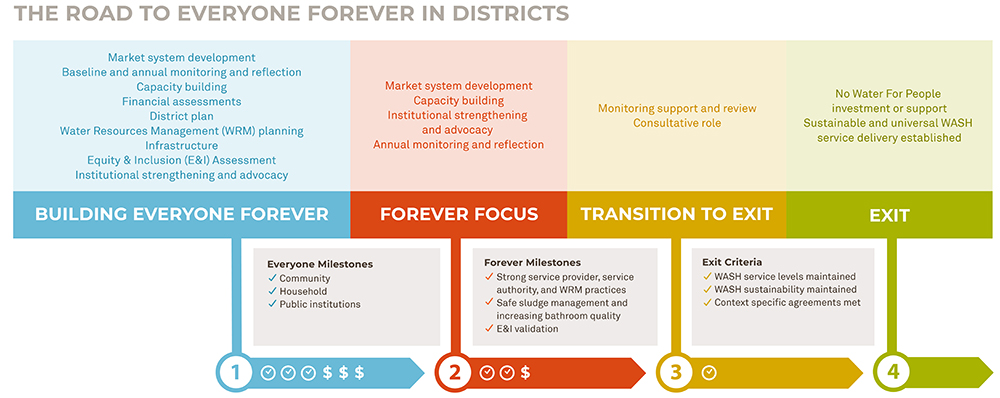
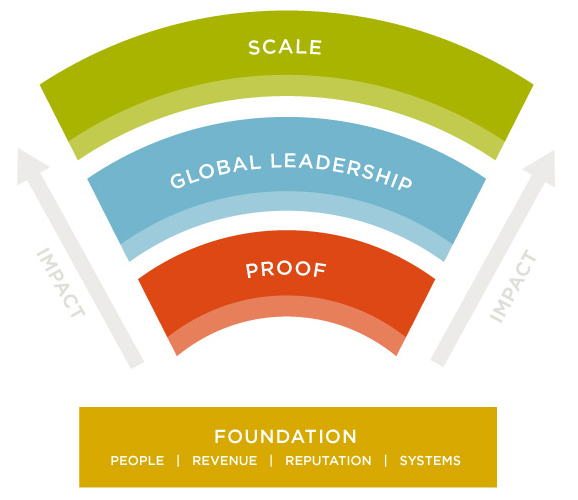
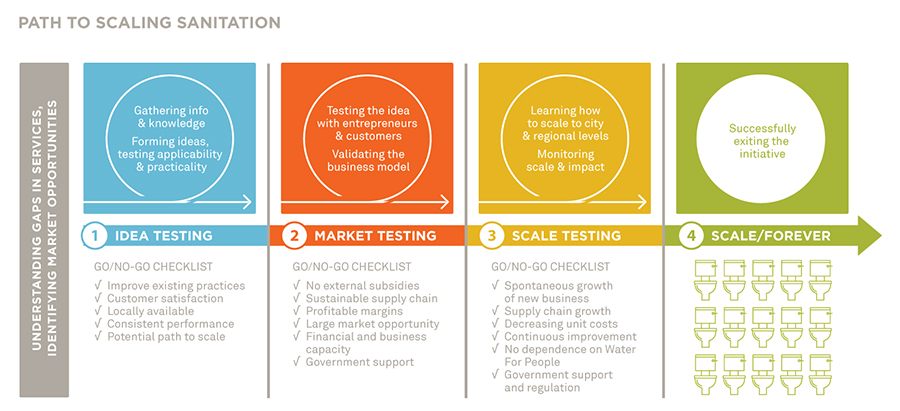
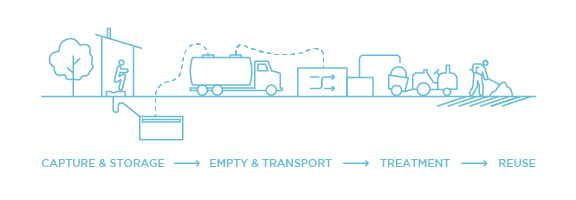
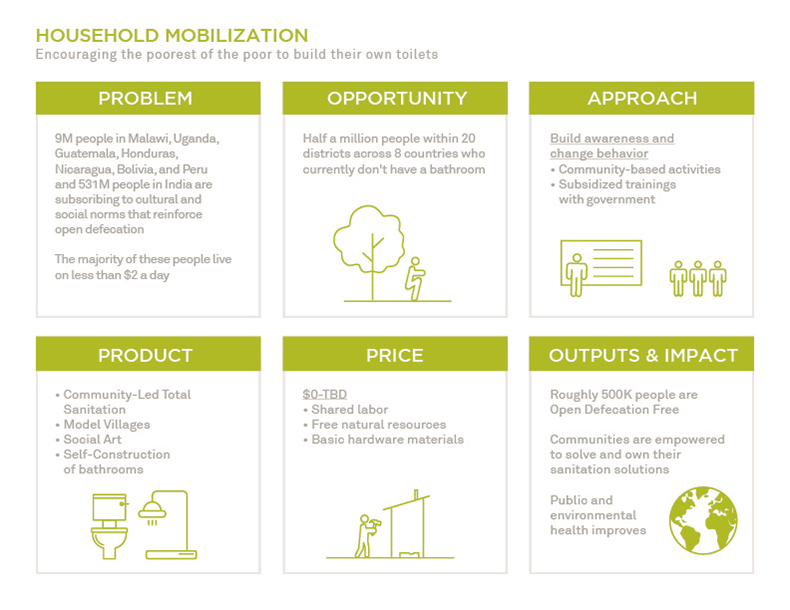
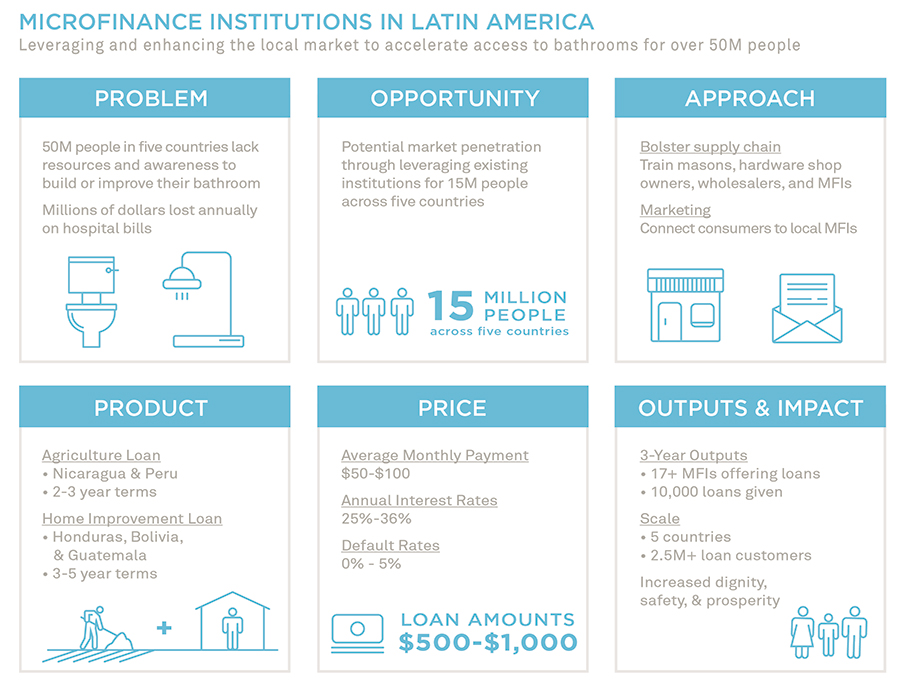
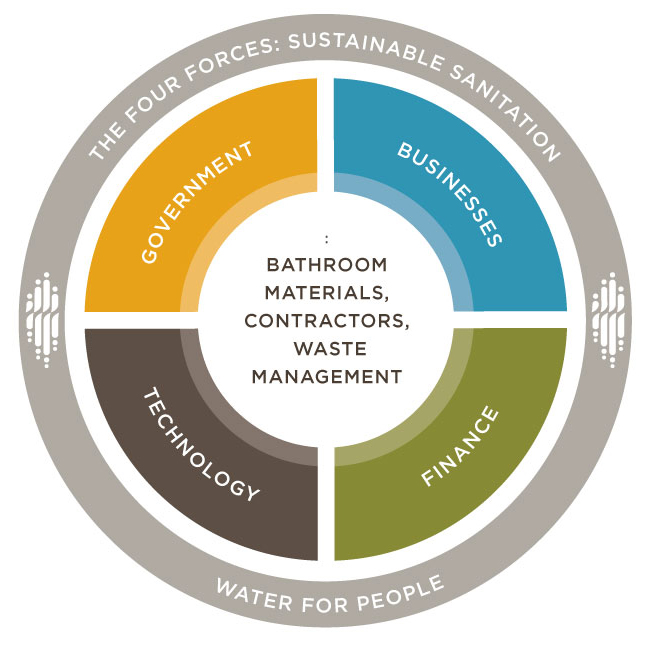
Maharashtra
Chikhaldara is a block in the Amravati District of Maharashtra. The population primarily consists of tribal communities, most of which are farmers. The region has high levels of poverty and experiences widespread water shortages.
In 2017, Water For People India launched The Water Initiative in Chikhaldara block. It aims to achieve Everyone Forever status by 2021, with special attention given to the vulnerable communities. Since the block experiences a high level of water scarcity, Water For People India is piloting water conservation and capture technologies, such as rainwater catchment systems with rehabilitation of dilapidated piped water systems.
Bihar
Sheohar is a rural district in Bihar, and Water For People India works in all the five blocks viz. Dumri Katsari, Tariyani Chowk, Piprahi, Purnahiya and Sheohar. Most people in these densely populated blocks are day labourers and farmers. The level of poverty is very high across the region.
In 2018, Water For People India had installed and rehabilitated handpumps to reach every household in the region. Our current target is to provide deep boreholes for high-quality water in every neighbourhood. We will continue our social art activities like street theatre and short films to educate the locals and promote safe water services. Additionally, loans for household sanitation will be facilitated and disbursed.
West Bengal
Rajnagar is a block in the Birbhum district of West Bengal. Birbhum, an aspirational district of Niti Aayog, is prone to droughts. So rather than focusing on agriculture, the locals generate livelihood by making handicrafts and bamboo products. Over half of the population belongs to traditionally vulnerable and excluded groups.
In Rajnagar, Water For People India will work with communities to strengthen the management of water resources. We will help develop water safety and security plans, train local Jalabandhus, and establish operation and management strategies. To improve water infrastructure, Water For People India will install mini piped-water schemes in villages and construct water points in communities and schools.
West Bengal
Namkhana is a block in the South 24 Parganas District of West Bengal. Most of the population in this block are involved in farming. Namkhana is in low-lying wetlands where water supplies are commonly contaminated with saline.
In Namkhana, Water For People India will focus on improving access to clean and reliable water services by installing and rehabilitating handpumps. In select schools, rainwater harvesting structures will be installed alongside handpumps, sanitation and hygiene facilities.
West Bengal
Patharpratima is a block in the South 24 Parganas District of West Bengal. The majority population works in agriculture, fishing, or manual labour. Patharpratima is susceptible to flooding due to being located in a river delta.
Since 2016, every school, community and clinic in Patharpratima have access to regular water services. And within the next four years, Water For People India had reached every single family in Patharpratima. To sustain those services and replicate the approach at a greater scale in the region, we are strengthening Gram Panchayats responsible for overseeing them.
West Bengal
Sagar Island is a block in the South 24 Parganas District of West Bengal. Most residents of Sagar Island are subsistence farmers, fishers, or manual labourers. Sagar Island is prone to flooding and tidal surges, which makes providing reliable water services particularly challenging.
Yet, we had reached every school, clinic, and community in Sagar Island by 2016, a significant milestone for us. To replicate these results, Water For People India shifted its focus on improving the sustainability of water services by strengthening Gram Panchayats and developing plans for scaling the approach across South 24 Parganas and West Bengal.
Today, every family in Sagar Island has been provided with reliable water services.